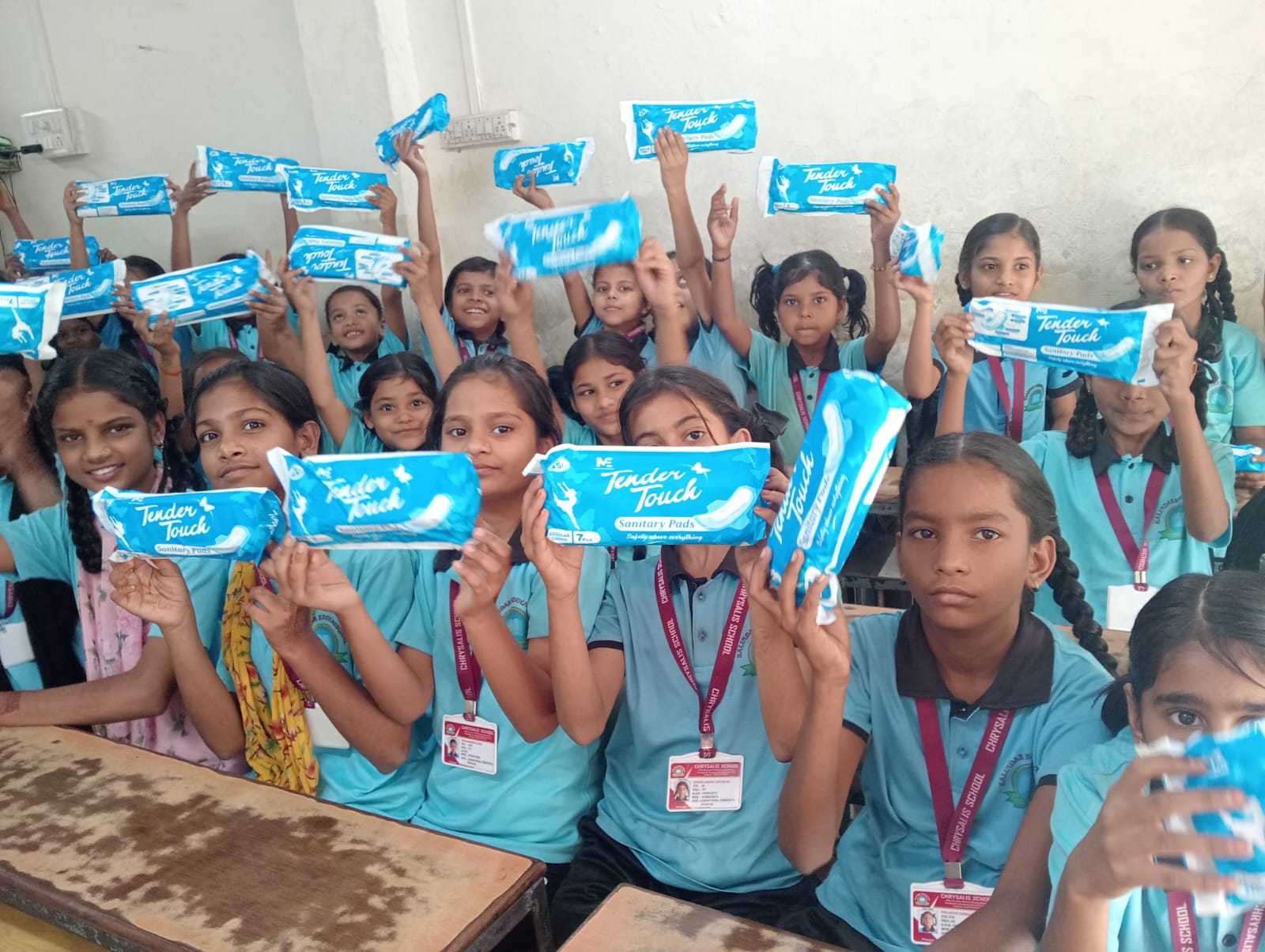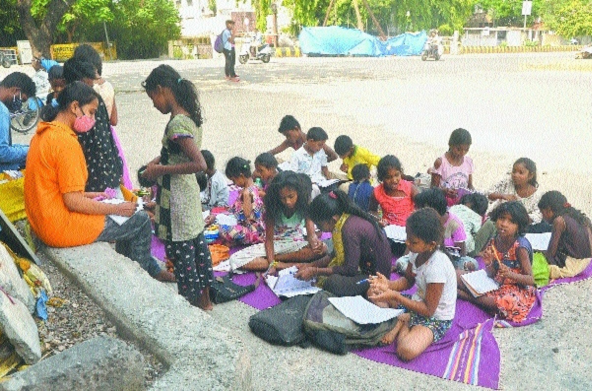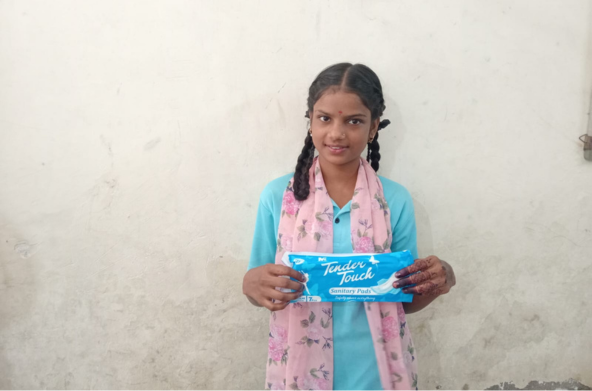
The Sukachi Sawali Welfare Foundation’s Girl Child Education and Protection Program is a transformative initiative dedicated to empowering underprivileged girls through education, safety, and holistic development. By addressing systemic barriers and fostering a supportive environment, we aim to unlock the potential of girls as leaders, change-makers, and equal contributors to society.
1. Breaking Barriers to Education
– Financial Constraints: Millions of girls in underserved communities are denied education due to poverty. Families often prioritize boys’ schooling, forcing girls into labor or early marriages.
– Cultural Norms: Deep-rooted gender biases devalue girls’ education, perpetuating cycles of illiteracy and dependency.
– Infrastructure Gaps: Rural areas lack safe schools, trained teachers, and facilities like separate toilets, disproportionately affecting girls’ attendance and retention.
2. Protection from Exploitation and Harm
– Child Marriage: 12 million girls globally marry before 18 annually, ending their education and exposing them to health risks and domestic violence.
– Gender-Based Violence: Girls face trafficking, abuse, and harassment, with limited legal recourse or community support.
– Child Labor: Poverty drives girls into exploitative work, depriving them of childhood and education.
3. Health and Well-being
– Menstrual Hygiene: Lack of access to sanitary products and hygiene education forces girls to miss school, widening the gender gap.
– Malnutrition: Poor nutrition affects cognitive development, limiting academic performance and long-term opportunities.
– Mental Health: Stigma, trauma, and societal neglect contribute to low self-esteem and mental health challenges.
4. Breaking the Cycle of Poverty
Educating girls is a proven catalyst for economic growth. Each year of schooling boosts a girl’s future income by 10–20%, enabling her to reinvest in her family and community. Educated women are more likely to delay marriage, advocate for their children’s education, and break generational poverty.
5. Societal Impact and Gender Equality
Gender inequality stifles societal progress. By empowering girls, we foster inclusive communities where women contribute to decision-making, healthcare, and climate resilience. Educated girls drive lower maternal mortality, improved child health, and sustainable development.
The Sukachi Sawali Welfare Foundation adopts a holistic approach to address these challenges:


Investing in girls’ education and protection is not just a moral imperative—it’s a foundation for thriving societies. By supporting this program, you help dismantle barriers, ignite hope, and build a future where every girl can dream, learn, and lead.
Sukachi Sawali Welfare Foundation: Nurturing Potential, Empowering Futures.

Copyright © 2025 Designed and Developed by Grow Media Digital